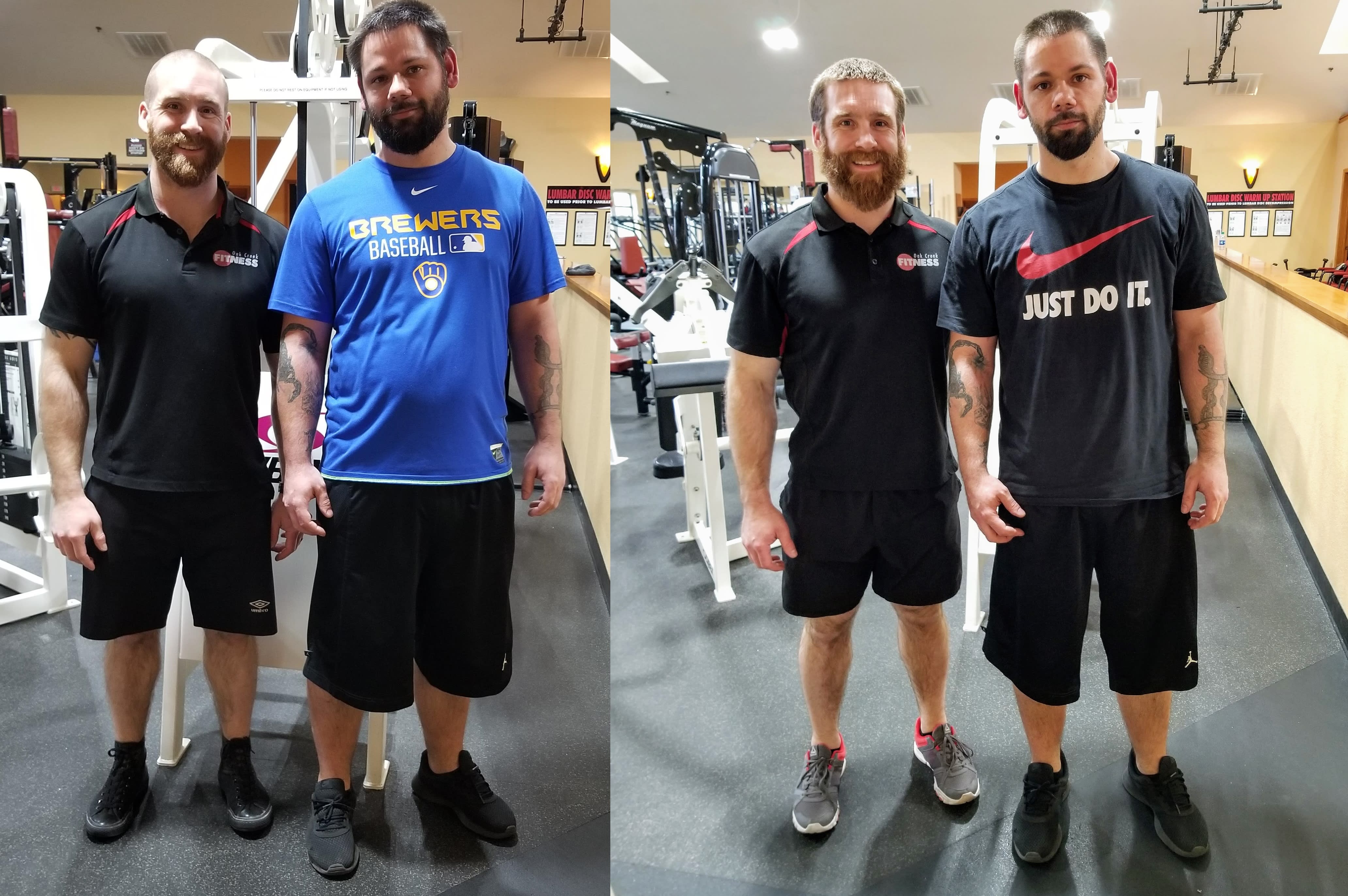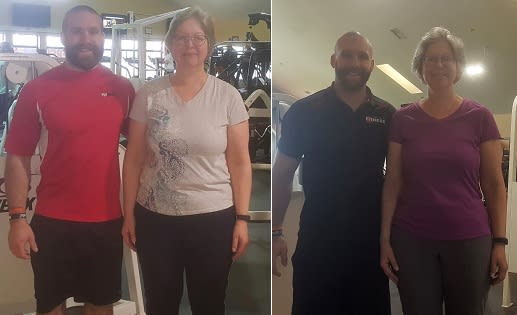When it comes to losing weight fast, many people are eager to try out the latest trends. But fast weight loss often brings along a host of myths that can mislead you. Let’s clear the air and bust some of these myths to help you understand the truth.
Myth 1: You Can Lose Weight Safely by Starving Yourself
One of the biggest misconceptions is that eating less means losing more weight. Sure, cutting calories can lead to quick weight loss, but starving yourself is not the answer. Our bodies need fuel to function! Think of your body like a car that requires gas. If you’re not fueling up enough, you won't get very far. When you deprive yourself of food, you might lose weight in the short term, but it often leads to muscle loss and a slowed metabolism.
Myth 2: All Diets Give Instant Results
Ever heard the phrase "quick fix"? Many diets promise fast results, but the truth is they often don’t work long-term. Just because a diet works for one person doesn’t mean it’ll work for you. It’s like trying on shoes—you wouldn’t buy a pair that doesn't fit just because they look good on someone else. Sustainable weight loss is about finding a balanced diet that includes all food groups and fits your lifestyle, not just following the latest fad for a few weeks.
Myth 3: Carbs Are the Enemy
Carbs often get a bad rap. Many people believe that cutting carbs entirely is the key to rapid weight loss. But here's the reality: not all carbs are created equal. Whole grains, fruits, and veggies are packed with nutrients and can actually help you feel full. It’s about choosing the right kind of carbs. So, don’t fear them—embrace them, in moderation!
Myth 4: Exercising a Lot Equals Quick Weight Loss
While regular exercise is crucial for maintaining a healthy weight, overdoing it isn’t the answer. Imagine running a marathon without any training; that’s a recipe for disaster! Intense workouts can lead to burnout and injuries, making it hard to keep up with your routine. Instead of going all out, focus on finding an exercise routine you enjoy and can stick with in the long run.
Myth 5: Supplements Can Replace a Healthy Diet
There’s a common belief that weight loss supplements are a magic solution. Unfortunately, they can’t replace the value of a healthy diet. Think of supplements as the sprinkles on a cake; they might add a little flair, but the real substance comes from the cake itself. Instead of relying on pills or powders, aim for a plate full of colorful, whole foods. That's where the real benefits lie.
Myth 6: You Have to Skip Meals to Lose Weight
Skipping meals might seem like a good shortcut to dropping pounds, but it often backfires. It can lead to extreme hunger later, pushing you to overeat. Picture a balloon—you can only stretch it so far before it pops! Instead, aim for smaller, balanced meals throughout the day to keep your metabolism running smoothly and your energy levels high.
Myth 7: Fast Weight Loss Is Always Bad for Your Health
While rapid weight loss can sometimes pose health risks, it’s not the speed alone that matters. What you’re losing is more important. Losing weight through unhealthy methods can harm your health, but if done correctly, losing a few pounds quickly can jumpstart your journey without serious risks. The key lies in how you approach it. Focusing on whole foods, staying hydrated, and making smart choices can lead to positive changes.
Conclusion: The Path to Sustainable Weight Loss
Fast weight loss comes with many myths that can complicate your journey. It’s essential to separate fact from fiction. Instead of chasing quick fixes, focus on making informed, sustainable choices. True wellness comes from a balanced approach to eating, exercising, and taking care of your body. So, keep these myths in mind and steer your weight loss journey in the right direction!
~ Oak Creek Fitness

Kaitlyn in 5 Months:
-32 lbs body fat
-8 points visceral fat
-18.5% Body Fat
1 full push up on day 1 to 12 NOW!

Matt in 2 months:
-32 pounds body fat
-6 points visceral fat
-12% body fat

In 8 months:
-35 pounds of Body Fat
+ 2 pounds of Muscle
-9 % Body Fat